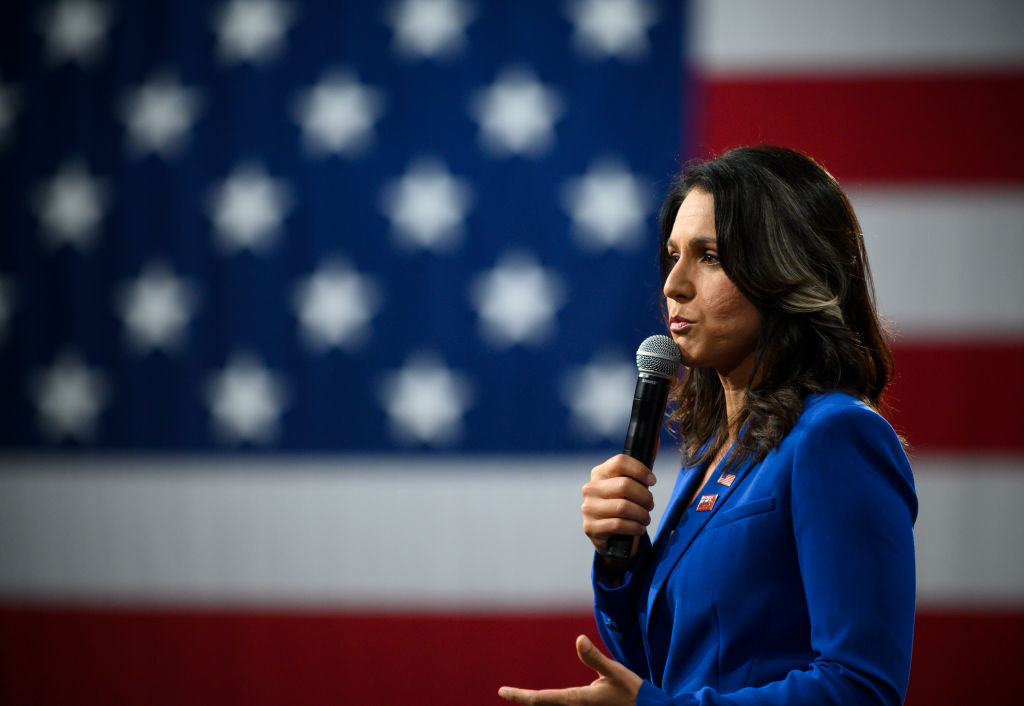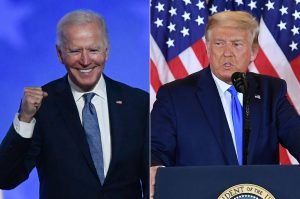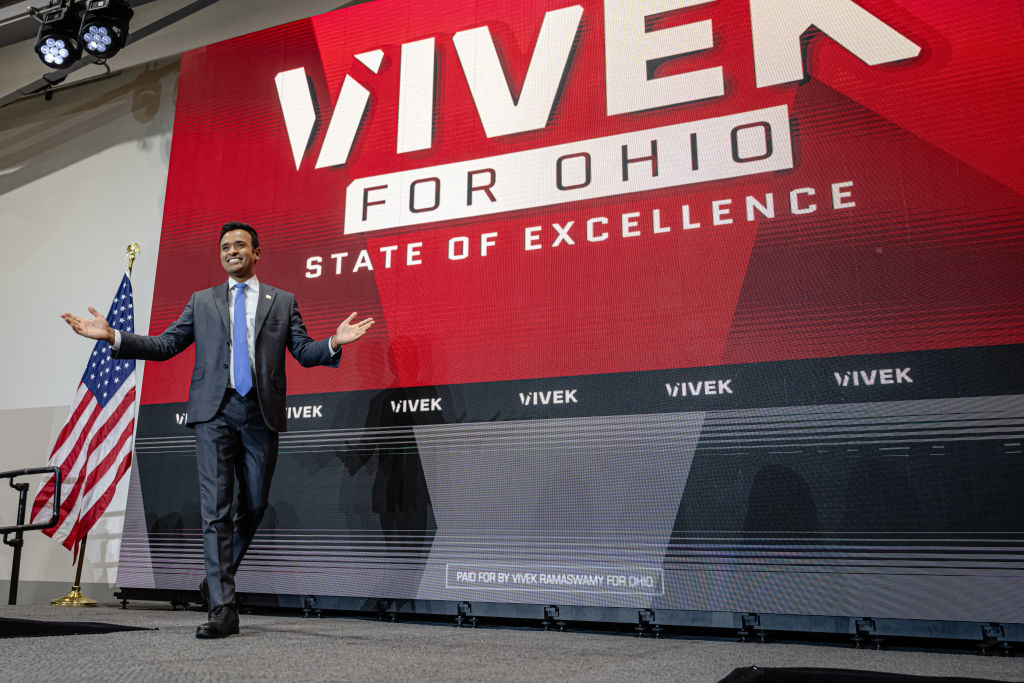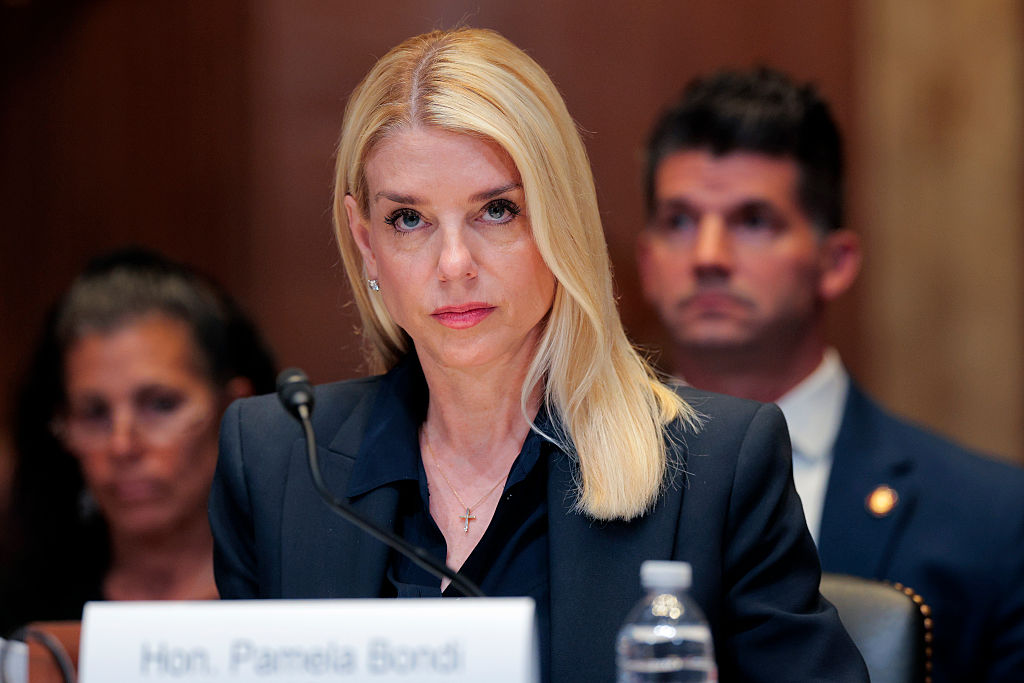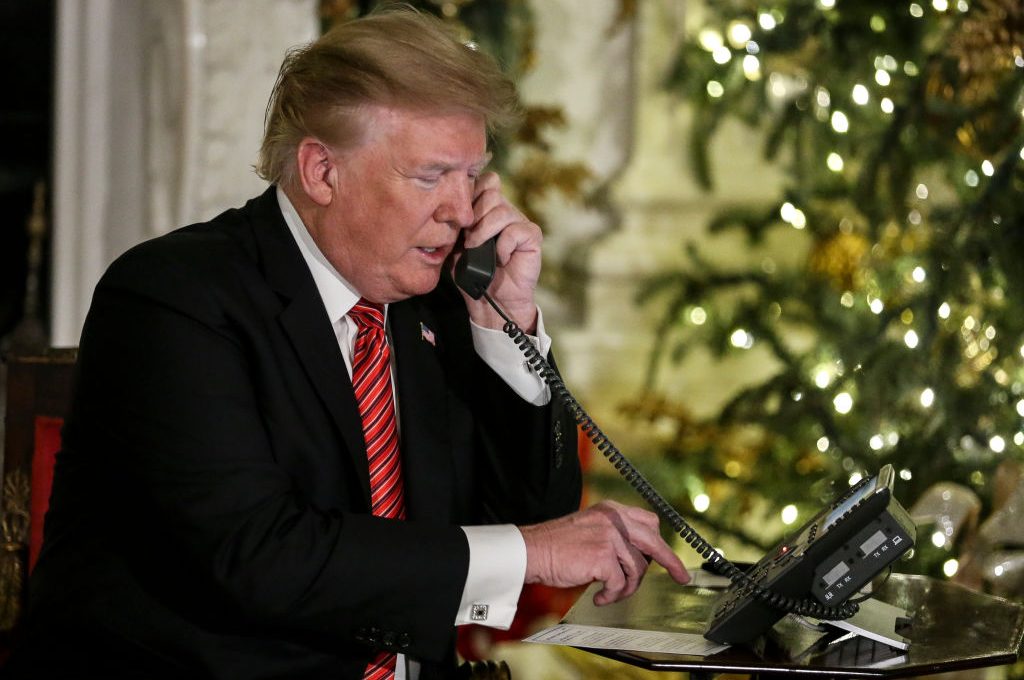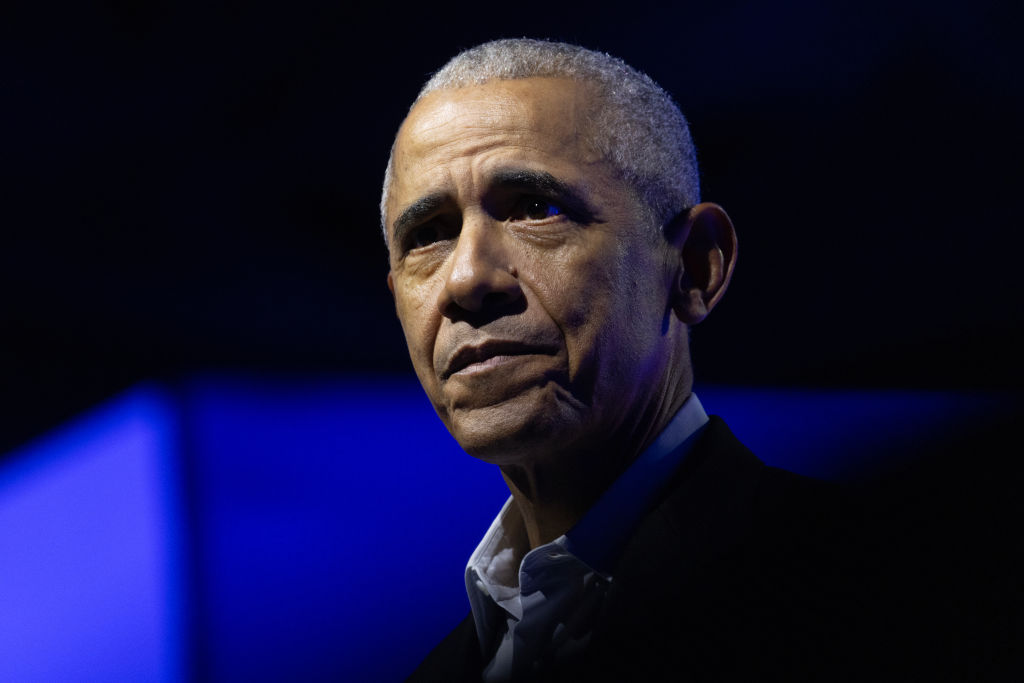MSNBC anchor Chris Hayes tweeted in July what, at surface level, seems an obvious point: ‘If I were the DNC, I would be spending a lot of money learning basically everything I could about 2012 Obama voters who didn’t vote in 2016.’
Considering how much Hayes and others on the mainstream left have invested into debunking the current administration, there’s no surprise that, when the rubber meets the road, the Democrats let their collective hatred of Trump cloud their political judgement.
Look no further than their treatment of Tulsi Gabbard.
While only 10 candidates made the cut for the Thursday’s third Democratic debate, Gabbard, who is currently polling nationally above the debate cutoff — and qualified participants Julián Castro and Amy Klobuchar — remains left out in the cold by the DNC.
Why? On the surface, it’s not entirely clear. Gabbard was the most-searched candidate after both the first and the second debates; and has drawn support from popular figures ranging from podcaster Joe Rogan to Twitter CEO Jack Dorsey. Once upon a time, Gabbard was a rising star in the Democratic party and a darling of the progressive movement. A glowing Vogue profile in 2013 labeled her ‘an embodiment of the Obama era, with its shattering of political stereotypes and explosion of cultural diversity.’
Yet even as the left has become increasingly progressive, the ‘anti-Trump’ bien-pensants still dictate the party’s dealings. Gabbard, for all of her credentials, has never been about party loyalty.
‘No one from the D-triple-C came and recruited me to run for Congress,’ she told the New Yorker in 2017. ‘So my situation may be different from others, who have relied heavily on party support from the beginning.’
As a candidate, Gabbard’s unique willingness to pick principle over partisanship makes her stand out. ‘We have too many politicians who put their finger up to the Twitter wind and see which way it’s blowing, and then respond or change their position or whatever the case may be, rather than actually leading,’ she told Bill Maher in June. ‘Honestly, people have a hard time figuring me out, because I don’t play those games, I don’t fit in those boxes that they set up.’
But in not ‘playing the games’, she’s also an easy target.
A case in point is her commitment to foreign policy. Despite Gabbard’s conspicuously anti-intervention stance, the left is all too quick to disparage her, referencing her now-infamous ‘when it comes to the war against terrorists, I’m a hawk. When it comes to counterproductive wars of regime change, I’m a dove’ quote as undeniable proof of MAGA-leaning xenophobia.
‘She opposed Obama and Clinton on Syria! She talked to Bashar al-Assad! AND she talked foreign policy with Trump!’ they cry, as if the proof is in the pudding.
Her military service isn’t enough to clear her. Nor is the nuanced data showing veterans are critical of the handling of the Middle East, yet overwhelmingly proud of the military — reinforcing her point that America has a right to defend itself, not to wage wars to spread democracy. This mere coincidental alignment with Trump is enough to blacklist Gabbard’s campaign altogether.
If the Democrats were really serious about winning, however, party loyalists would be wise to drop the hubristic hatred and take a page out of the president’s book. After all, who was the only Republican candidate in 2016 to diverge from the standard GOP war narrative and assert to Jeb Bush’s face that the Bush administration had lied about invading Iraq?
For forever, such a move had been considered political suicide within the GOP. But as Trump’s anti-interventionist, anti-globalism stance drew the haughty ire of pro-hawk, pro-market neoconservatives, he swept through the status quo to take the Republican nomination and then the White House.
In fact, such a realignment was perhaps decisive — a 2017 study found a significant relationship between rates of military service in Pennsylvania, Michigan, and Wisconsin and Trump’s shocking victory in all three states.
Regardless if the current administration has actually succeeded in acting on what got it elected, few on the left have taken this shift seriously. Gabbard is one of them.
‘When you start taking people for granted, when you’re not interested in what they care about, the challenges that they and their families are going through, it’s because you have self-serving politicians who are more interested in what they have going on rather than the people who we as elected leaders have been charged to serve,’ she told Glenn Greenwald in a May interview. Reclaim America for the people — it’s a bipartisan message that’s gaining traction. Compare it to a line from Sen. Josh Hawley, a rising star on the right, during his maiden speech on the Senate floor: ‘millions of Americans are left with the sense that the people who run this country view them with nothing but contempt.’
Take a glance at any of the recent profiles of Gabbard by mainstream media however, and the picture painted isn’t pretty. The overarching theme is one of total ineptitude, as if Tulsi’s unorthodoxy could only stem from her own political failings, rather than any stale positions on the left.
The New York Times sees her as cataclysmic: ‘Doom is her main talking point.’ New York magazine heightens the fears of her socially-conservative past with a conspiratorial investigation into her family’s membership in a ‘full-fledged cult.’ And the Daily Beast can’t help but pounce on the juicy 2017 endorsement from KKK leader David Duke, even though she denounced him immediately.
As the election heats up and opposition to Trump reaches a fever pitch, the Democrats have ignored what allowed a political outsider to revitalize the right. After all, Trump’s populist revolution wasn’t slowed down in the slightest by the ‘NeverTrumpers’ and their virtue-signaling.
Rather than try and tear down everything Trump stands for, the left would be wise to try and reclaim some of the energy that got him elected in the first place.
Tulsi Gabbard could be the missing piece to the puzzle.



